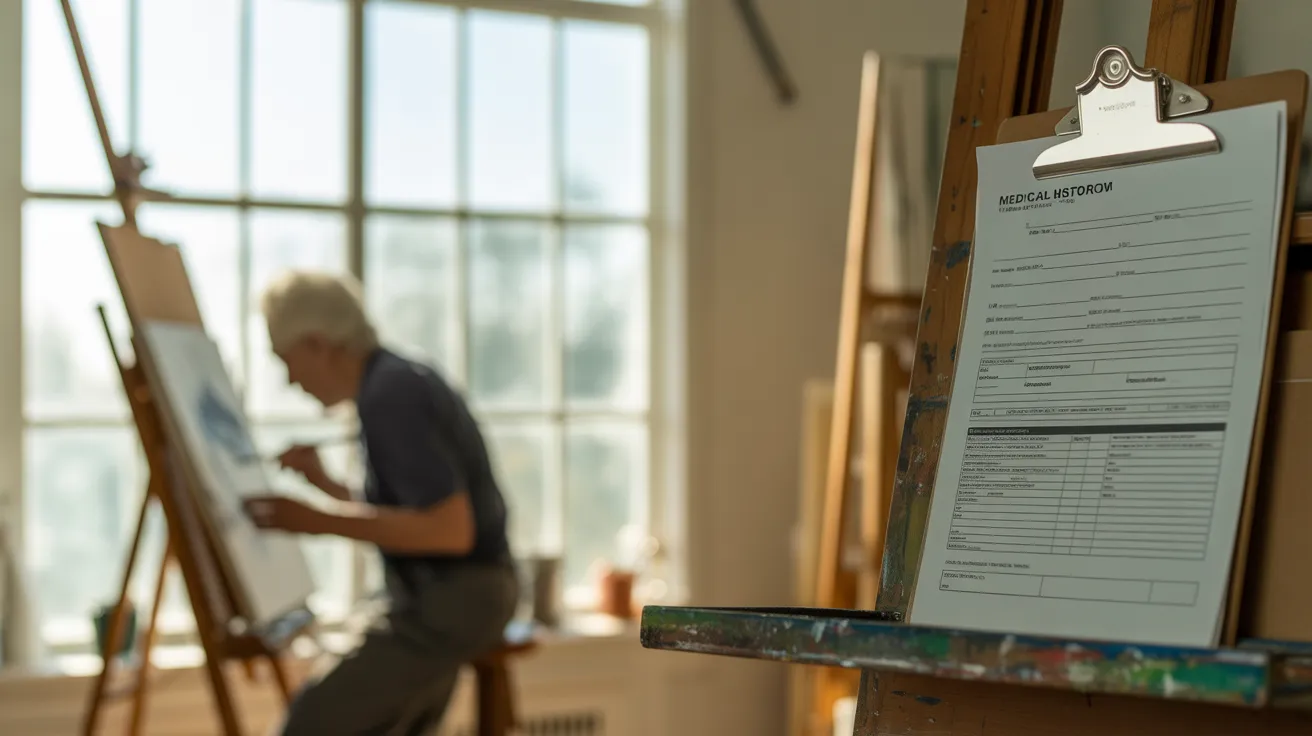
Frequently Asked Questions
1. Is it true that people need less sleep as they get older?
This is a common myth. While sleep patterns can change with age—sleep may become lighter and more fragmented—the need for sleep does not decrease. Most adults, including seniors, still require 7 to 9 hours of sleep per night for optimal health. If you are consistently getting less than that and feel tired during the day, it’s a sign you need to prioritize getting more rest.
2. Are over-the-counter sleep aids safe for seniors to use?
It is extremely important to be cautious with over-the-counter (OTC) sleep aids. Many common sleep products contain diphenhydramine, an antihistamine that can cause side effects in older adults, including confusion, dizziness, blurred vision, and next-day drowsiness, which can increase the risk of falls. You should never take any sleep aid, whether it’s an OTC product, a supplement like melatonin, or a prescription medication, without first consulting your doctor. They can help you find the safest and most effective solution for your specific situation.
3. I wake up several times a night to use the bathroom. What can I do?
Waking up at night to urinate, known as nocturia, is very common in older adults. To help manage it, try to limit your fluid intake in the two to three hours before bedtime, especially beverages containing caffeine or alcohol. Be sure to use the bathroom right before you get into bed. If the problem persists and significantly disrupts your sleep, it’s important to discuss it with your doctor. It can sometimes be a sign of an underlying medical condition that needs to be addressed.
4. I think I might have a serious sleep disorder like sleep apnea. Does Medicare cover sleep studies?
Yes, in many cases, Medicare Part B (Medical Insurance) will cover a diagnostic sleep study if your doctor orders it to diagnose a condition like sleep apnea. A sleep study is a test that records what happens to your body during sleep. Depending on your situation, this test may be done in a sleep lab or with a take-home kit. Coverage specifics can vary, so it’s always best to get the most current information. For insurance and medical coverage questions, refer to Medicare.gov.
Disclaimer: This article is for informational purposes only and does not constitute medical advice. The content is not intended to be a substitute for professional medical advice, diagnosis, or treatment. Always seek the advice of your physician or other qualified health provider with any questions you may have regarding a medical condition.
|
Fact-Checked Content
Our editorial team reviews all content for accuracy and updates it regularly. Learn about our editorial process →
|

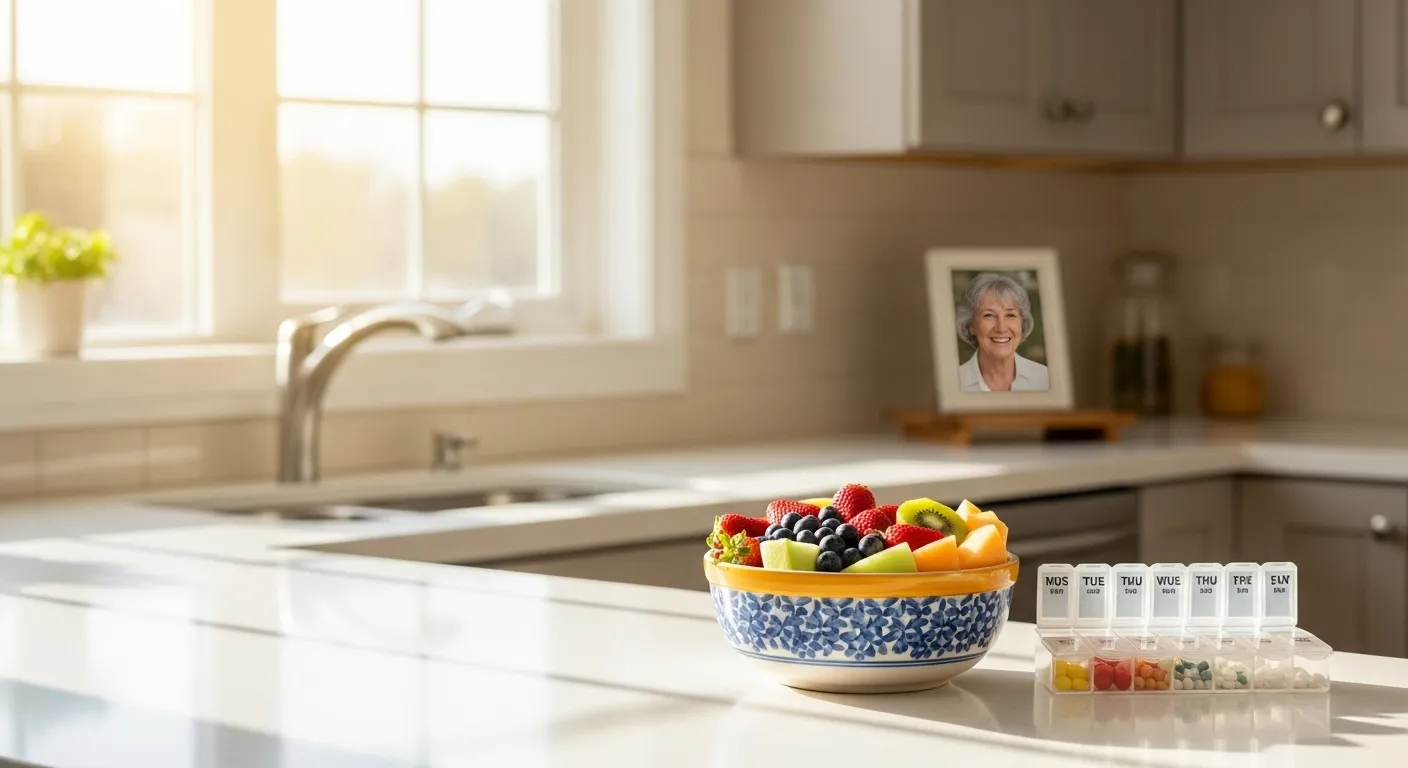
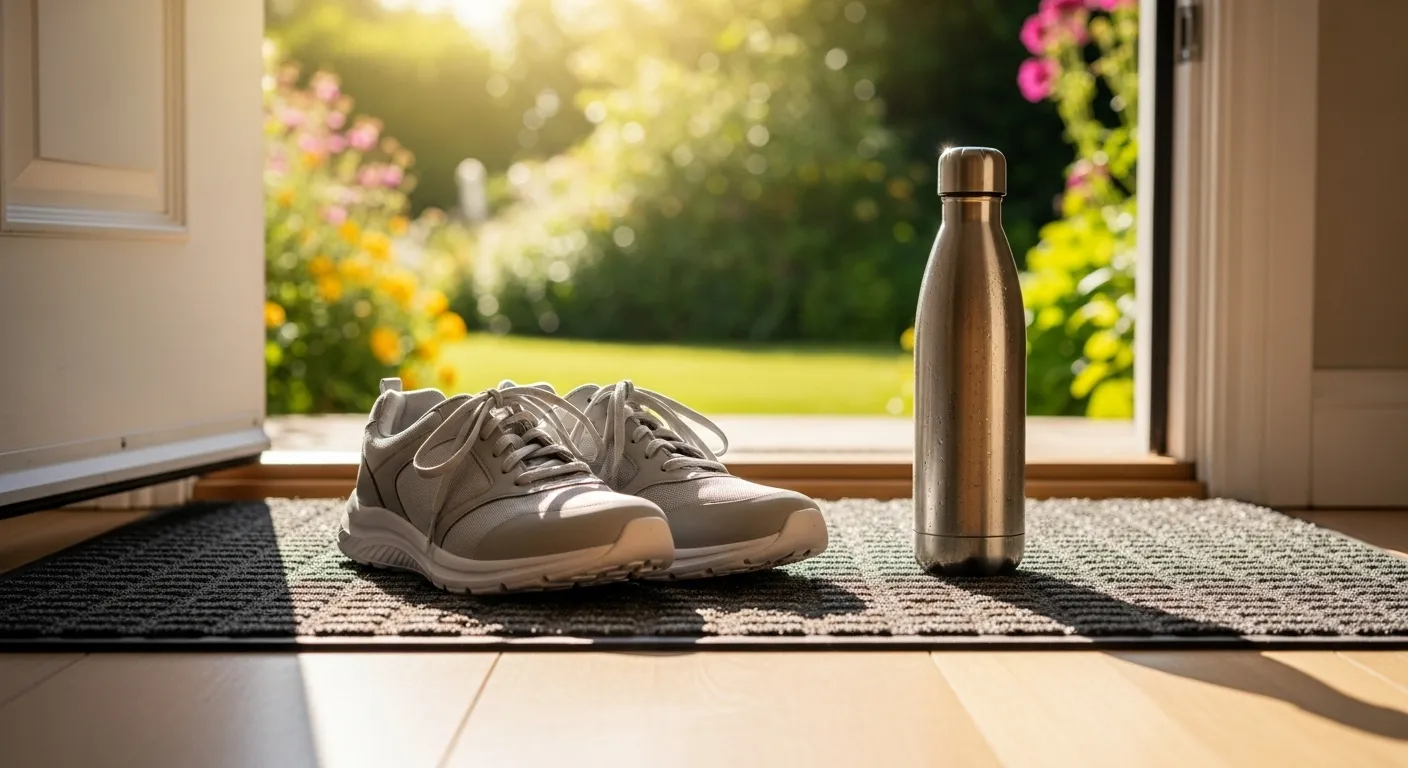
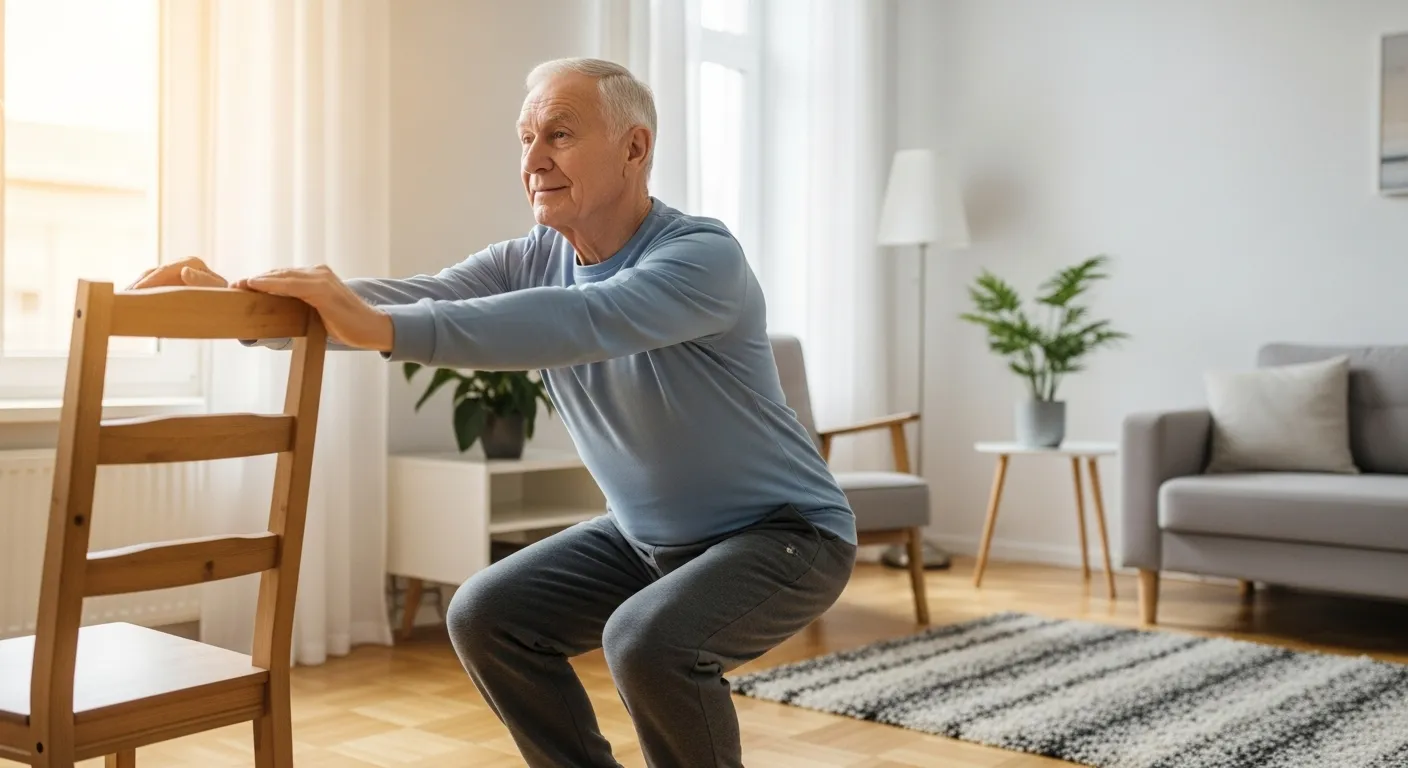

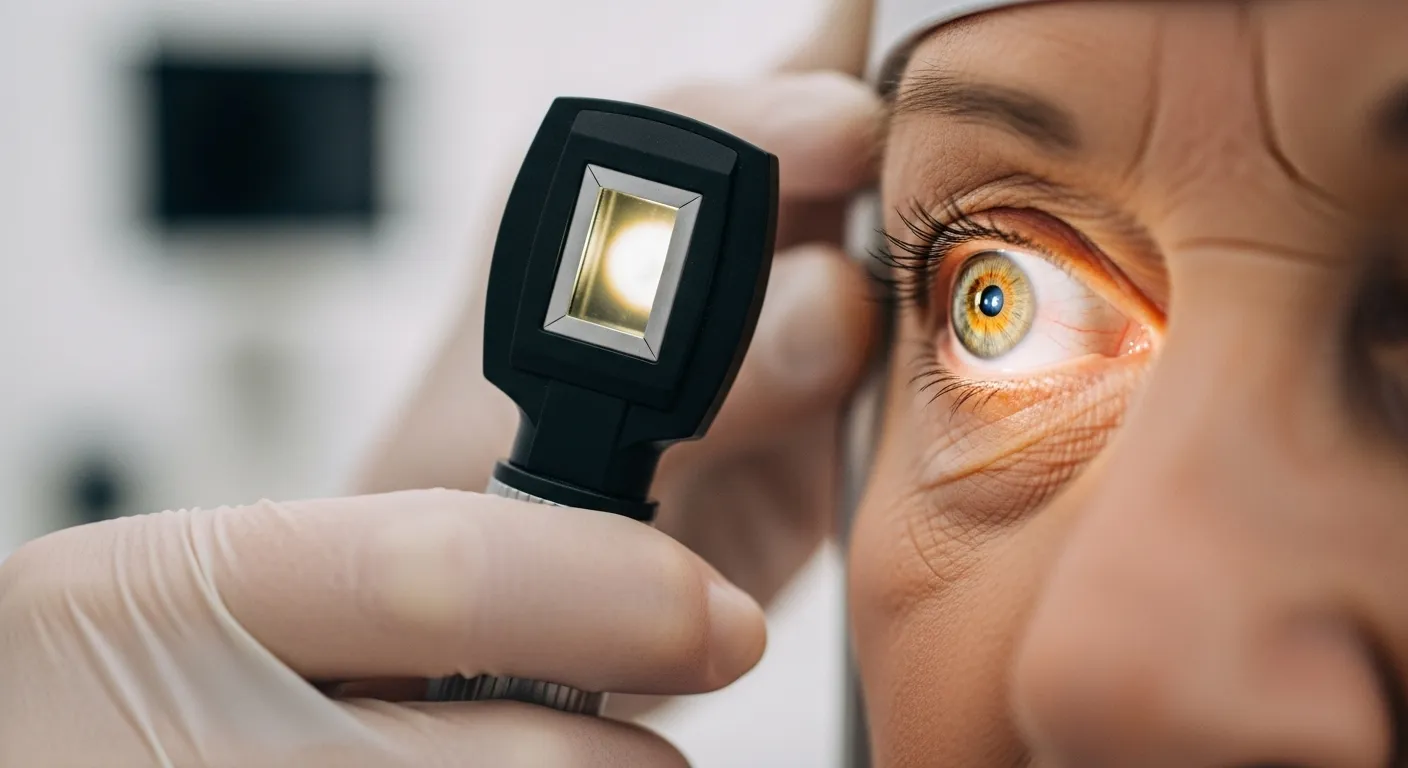

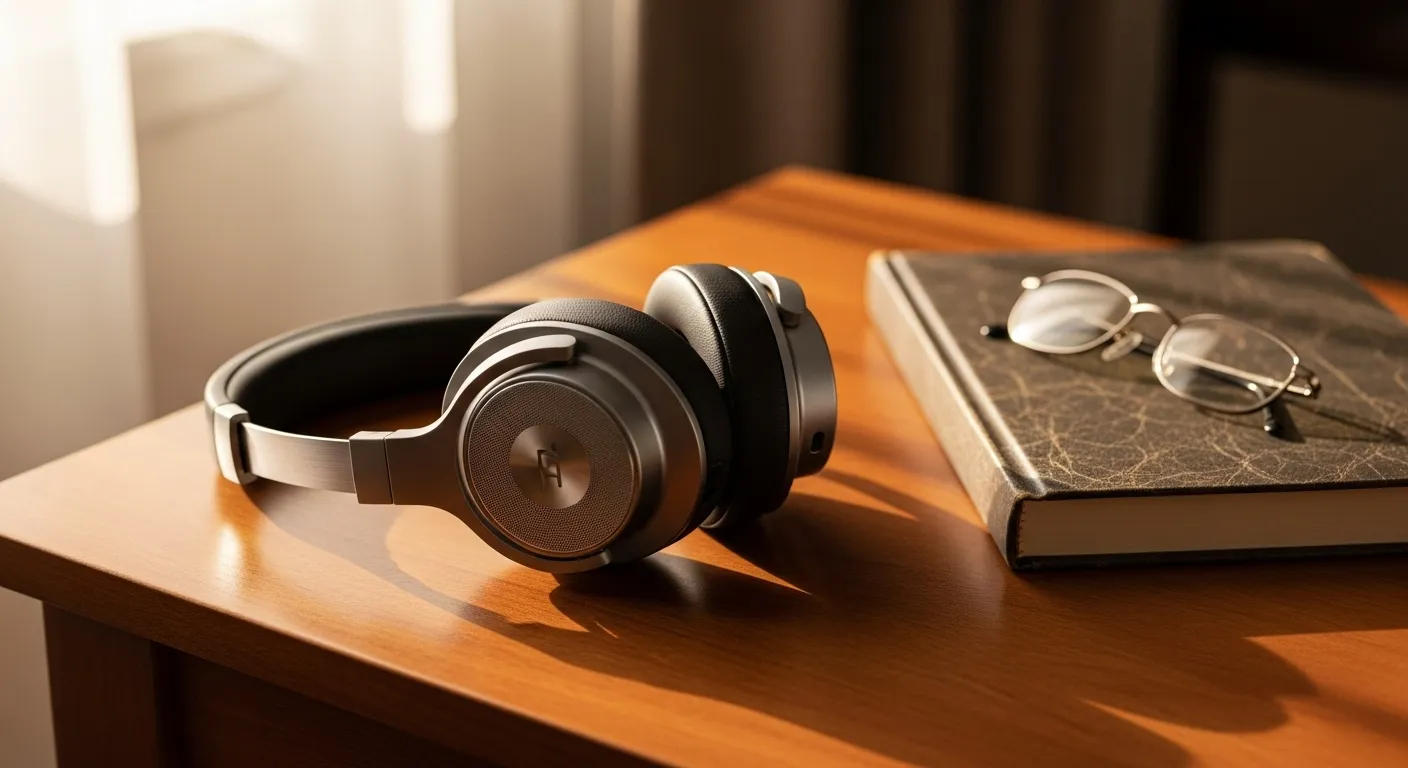
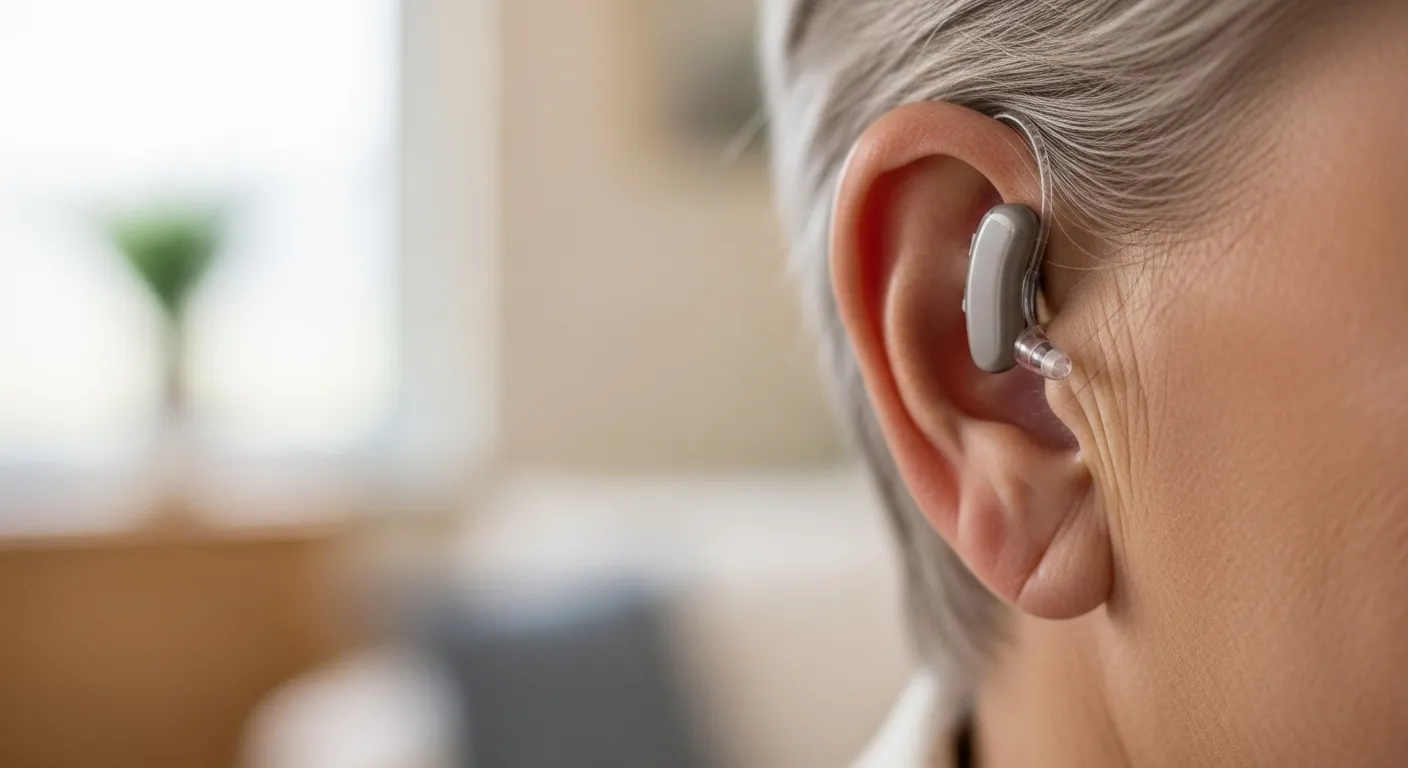

Leave a Reply